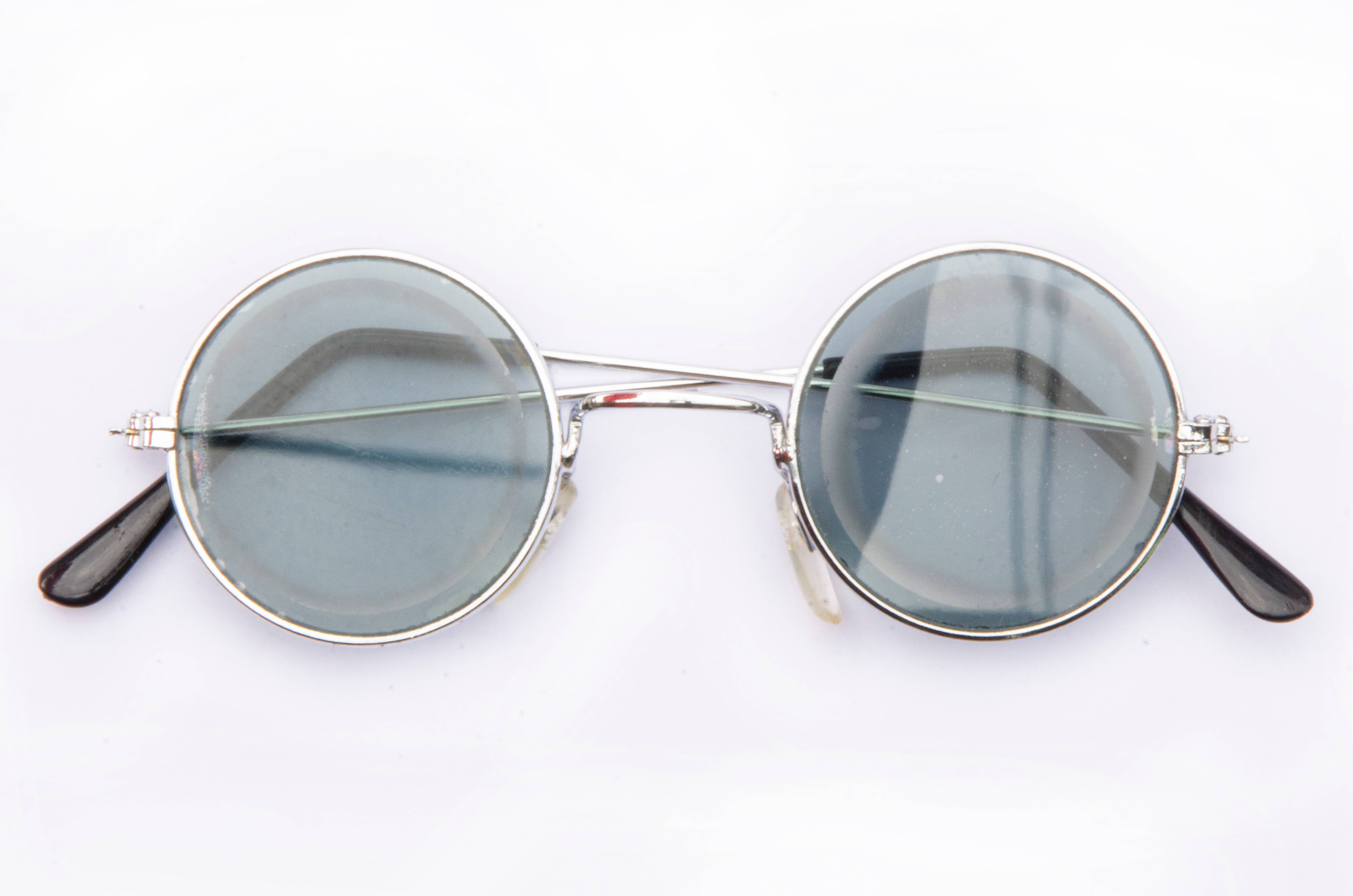Updated on February 20, 2024
Lenticular Lenses - Types, Pros, Cons & Cost


Vision Center is funded by our readers. We may earn commissions if you purchase something via one of our links.
What are Lenticular Lenses?
Lenticular lenses are a particular type of eyeglass lens with a high-power prescription in the center, with little or no power in the surrounding lens. The shape resembles a “fried egg.”
The design of lenticular lenses aims to provide comfort and reduce eyeglass thickness, which can be cumbersome for wearers.

Lenticular eyeglass lenses are rarely prescribed but can benefit people with high myopia (nearsightedness) and other vision conditions, such as:
- Extreme farsightedness
- Aphakia (your eye does not have a lens)
- High-power refractive errors
Where to Buy Glasses + Contacts
Best Overall: Warby Parker
Fastest Delivery: EyeBuyDirect
Also Great: Liingo
Best Place to Buy Contacts: Discount Contacts
What Vision Issues Can Lenticular Lenses Correct?
Lenticular lenses are not commonly prescribed and only benefit people with a high-powered prescription.
Common conditions that may require lenticular lenses include:
- High myopia
- Extreme farsightedness
- Aphakia (your eye does not have a lens)
People with cataracts (your eyes lens becomes cloudy) may also benefit from lenticular lenses. They can provide vision correction for people who are not yet candidates for cataract surgery (replaces your natural lens with an artificial lens).
Types of Lenticular Lenses
Three types of lenticular lenses correct high-power refractive errors, including:
- High plus
- High negative
- Bifocals
High Plus Lenses
The high plus lens is for people requiring a high plus prescription to correct extreme hyperopia.
Its design prioritizes comfort by reducing the weight of the glasses. A standard eyeglass lens for a high prescription has a thick lens, which can be uncomfortable or aesthetically unappealing.
High Negative Lenses
The high negative lens is similar to the high plus lens. However, it has a high minus prescription in the center of the lens to correct for extreme myopia.
With high negative lenticular lenses, the edge thickness creates a visible line between the center of the lens and its flat edge.
Bifocal Lenses
Bifocal lenses are similar to lenticular lenses because they have two different powers. However, bifocal lenses distribute the power at the top and the bottom to correct for near and distant vision.
Lenticular lenses distribute the power at the center, not the surrounding area of the lens. Lenticular contact lenses are also available for people with high minus and high plus prescriptions.
Pros and Cons of Lenticular Lenses
Lenticular lenses are an excellent way to correct high-powered prescriptions without the weight of thick lenses. However, there are pros and cons to wearing lenticular lenses:
Pros
The benefits of lenticular lenses include:
- Lenses are not as thick and heavy as standard high-power glasses
- If you have cataracts but are not a candidate for cataract surgery
- Centralizes the high-power prescription in the middle of the lenses
Cons
The disadvantages of lenticular lenses include:
- It takes a while to get used to them
- It may be difficult to see if glasses are not in the correct position on your face
- Fitting measurements must be precise to avoid blurry vision
Lenticular Lenses vs. Progressive Lenses
Doctors prescribe progressive lenses more often than lenticular lenses because they can correct distance and near vision in the same lens.
The key differences include:
- Progressive lenses allow gradual changes in lens prescription as focal points change
- Lenticular lenses have a distinctive separating line, while progressive lenses do not
- Lenticular lenses can cause dizziness and headaches
- Progressive lenses can cause blurred peripheral vision
- Lenticular lenses are less expensive than progressive lenses
How Much Do Lenticular Lenses Cost?
Lenticular lenses are less expensive than progressive lenses. High-index lenticular lenses cost about $105, while high-index progressive lenses run about $350.6
The cost of eyeglasses can vary depending on multiple factors, including:
- If you have vision insurance
- Where you purchase them (Costco vs. small optometry office vs. online)
- The brand of eyeglass frames
- The strength of your prescription
- Optional add-ons (scratch-resistant, anti-reflective, UV protection, etc.)
Summary
Lenticular lenses are not commonly prescribed but may benefit people with extreme myopia (nearsightedness), hyperopia (farsightedness), and cataracts that are not candidates for cataract surgery.
The high-power prescription in lenticular lenses is in the center of the lens with lower or no power surrounding it. While lenticular lenses are less expensive than progressive lenses, they take time to get used to and may cause dizziness and headaches if not worn correctly.
In this article
6 sources cited
Updated on February 20, 2024
Updated on February 20, 2024
About Our Contributors
Amy, a registered nurse with an M.S. in Nursing from California State University, Sacramento, and a B.A. in Journalism from California State University, Chico, is a freelance health writer for Vision Center. Her unique combination of nursing knowledge and journalism skills enables her to educate readers about eye health effectively. Amy's goal is to merge her nursing experience with her writing talent to raise awareness about common eye conditions and ways to prevent vision loss.
Dr. Melody Huang is an optometrist and freelance health writer with a passion for educating people about eye health. With her unique blend of clinical expertise and writing skills, Dr. Huang seeks to guide individuals towards healthier and happier lives. Her interests extend to Eastern medicine and integrative healthcare approaches. Outside of work, she enjoys exploring new skincare products, experimenting with food recipes, and spending time with her adopted cats.






